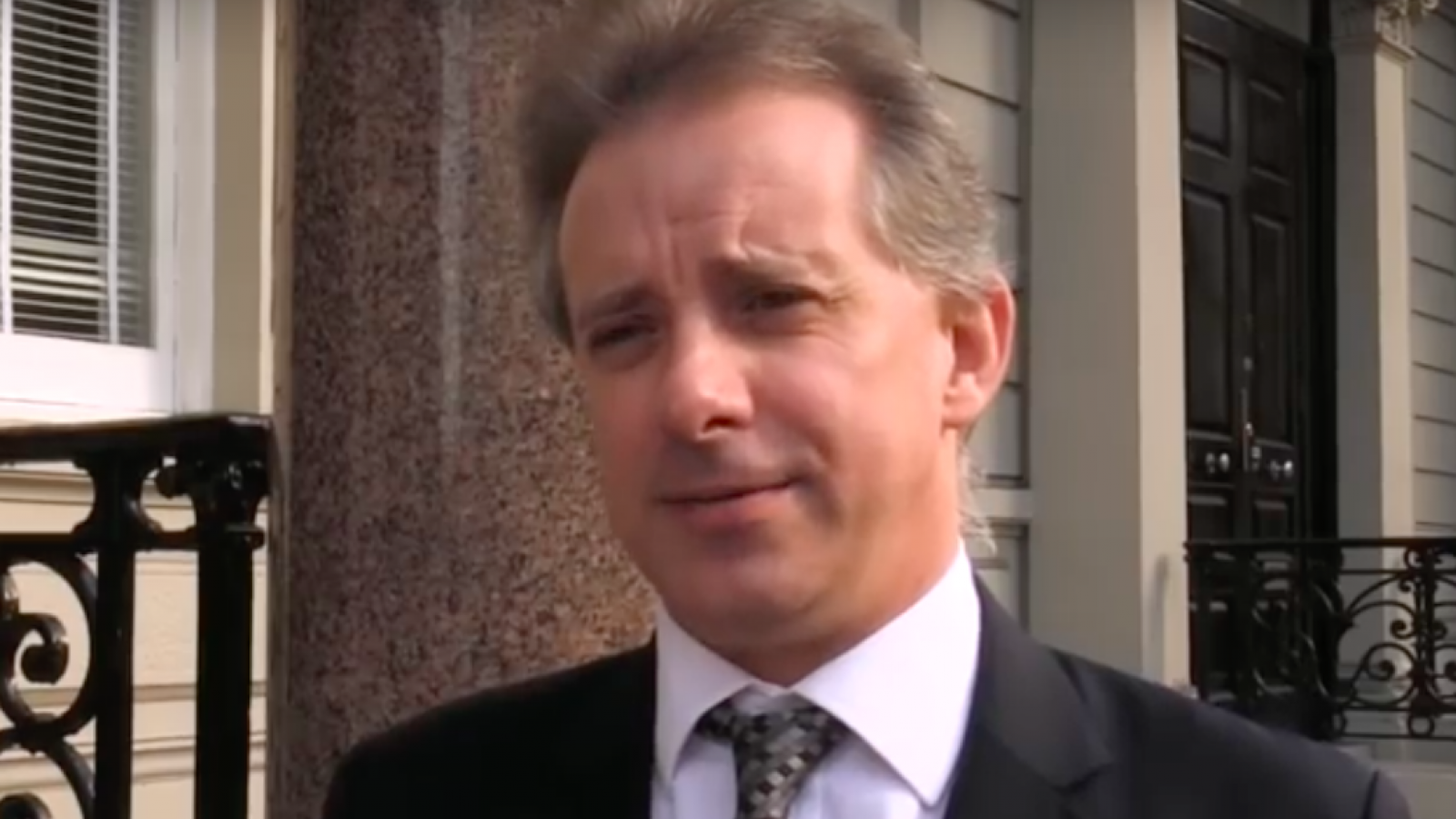
The New Yorker tells the full story of former British intelligence officer Christopher Steele whose memos became the much-discussed Trump dossier.
It's a long read but worth the time. Christopher Burrows is Steele's co-founder in Orbis, a London-based investigative research firm. Glenn Simpson runs Fusion GPS, the Washington, DC strategic intelligence firm that hired Steele to take a closer look at Donald Trump's ties to Russia.
“This whole thing has been quite surreal,” he said. “We are being made into a political football, in U.S. terms, which we really regret. Chris is being accused of being the heart of some Deep State conspiracy, and he’s not even in your state.”
(...)
Burrows told me that he and Steele made a pact when they left M.I.6: “We both agreed it was a duty to alert U.K. and allied authorities if we came across anything with national-security dimensions. It comes from a very long government service. We still have that ethos of wanting to do the right thing by our authorities.”
(...)
One question particularly gnawed at Simpson. Why had Trump repeatedly gone to Russia in search of business, yet returned empty-handed? Steele was tantalized, and took the job, thinking that he’d find evidence of a few dodgy deals, and not much else. He evidently didn’t consider the danger of poking into a Presidential candidate’s darkest secrets.
(...)
Within a few weeks, two or three of Steele’s long-standing collectors came back with reports drawn from Orbis’s larger network of sources. Steele looked at the material and, according to people familiar with the matter, asked himself, “Oh, my God—what is this?” He called in Burrows, who was normally unflappable. Burrows realized that they had a problem. As Simpson later put it, “We threw out a line in the water, and Moby-Dick came back.”
(...)
Steele believed that the Russians were engaged in the biggest electoral crime in U.S. history, and wondered why the F.B.I. and the State Department didn’t seem to be taking the threat seriously. Likening it to the attack on Pearl Harbor, he felt that President Obama needed to make a speech to alert the country. He also thought that Obama should privately warn Putin that unless he stopped meddling the U.S. would retaliate with a cyberattack so devastating it would shut Russia down.
(...)
Although the Bureau had paid Steele for past work, he was not paid for his help on the Trump investigation. Orbis remained under contract to Fusion, and Steele helped the F.B.I. voluntarily. (He did request compensation for travelling to Rome, but he never received any.)
(...)
The election was over, but Steele kept trying to alert American authorities. Later that November, he authorized a trusted mentor—Sir Andrew Wood, a former British Ambassador to Moscow—to inform Senator John McCain of the existence of his dossier. Wood, an unpaid informal adviser to Orbis, and Steele agreed that McCain, the hawkish chair of the Senate Armed Services Committee, should know what was going on. Wood told me, “It was simply a matter of duty.” ... “I sensed he was distinctly alarmed,” Wood told me. “I don’t doubt his good faith at all. It’s absurd for anyone to suggest he was engaged in political tricks.”
(...)
One subject that Steele is believed to have discussed with Mueller’s investigators is a memo that he wrote in late November, 2016, after his contract with Fusion had ended. This memo, which did not surface publicly with the others, is shorter than the rest, and is based on one source, described as “a senior Russian official.” The official said that he was merely relaying talk circulating in the Russian Ministry of Foreign Affairs, but what he’d heard was astonishing: people were saying that the Kremlin had intervened to block Trump’s initial choice for Secretary of State, Mitt Romney ... The memo said that the Kremlin, through unspecified channels, had asked Trump to appoint someone who would be prepared to lift Ukraine-related sanctions, and who would coöperate on security issues of interest to Russia, such as the conflict in Syria. If what the source heard was true, then a foreign power was exercising pivotal influence over U.S. foreign policy—and an incoming President.
Full story: Christopher Steele, the Man Behind the Trump Dossier (The New Yorker)